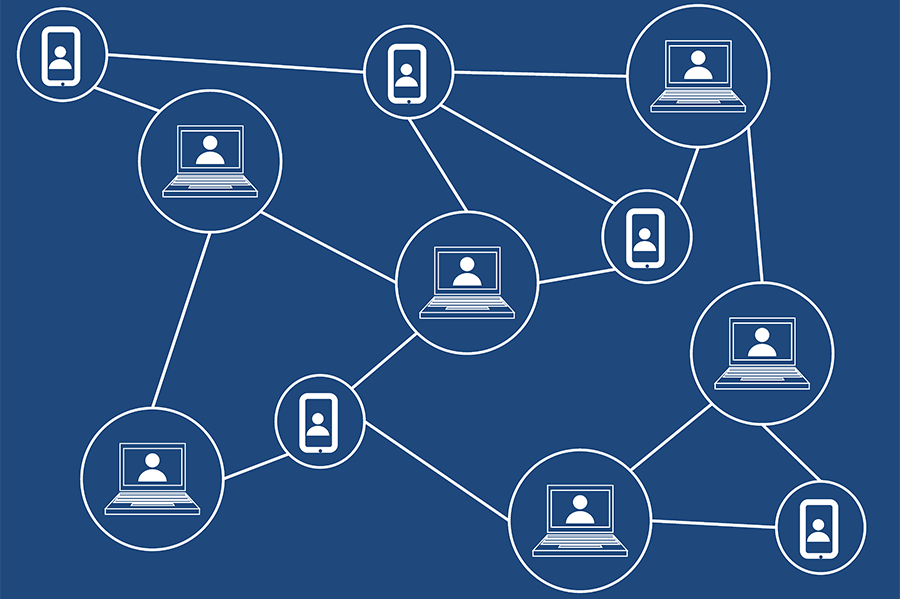
Mizzou Engineer Part of Global Team Investigating Blockchain Technologies
Mizzou Engineers are part of a new global team investigating how blockchain technology could revolutionize the insurance industry. Blockchain is an advanced data-sharing system that allows multiple parties to view and manage information in real time. It’s promising technology for the insurance sector—especially when it comes to the complex claims process—however, it is still in early development.
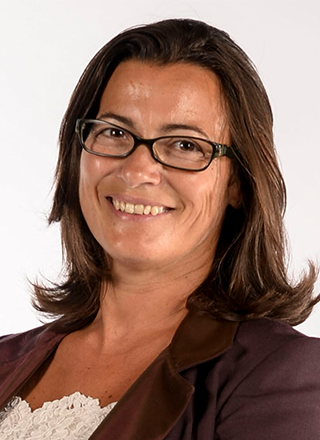
Mizzou Engineer Part of Team Working to Restore Organ Function
Giovanna Guidoboni, a professor in electrical engineering and computer science and in mathematics, is part of an interdisciplinary team from across the country selected to study the lower urinary tract in hopes of restoring bladder function to those who suffer from urinary incontinence. About 50% of women and 25% of men suffer from bladder dysfunction.
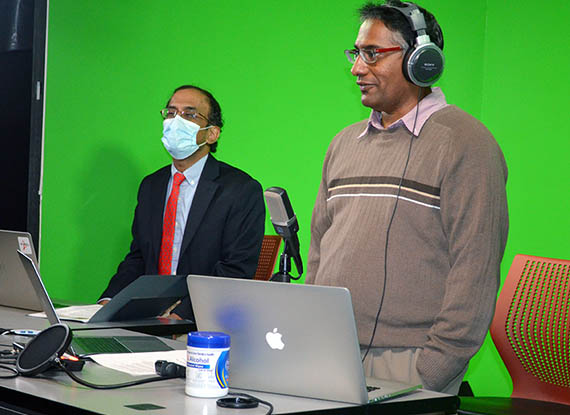
Mizzou Engineering Hosts Virtual AIPR Conference
Mizzou Engineering hosted the 49th annual Applied Imagery Pattern Recognition (AIPR) conference last week, proving that a virtual event can be just as robust as meeting in person.
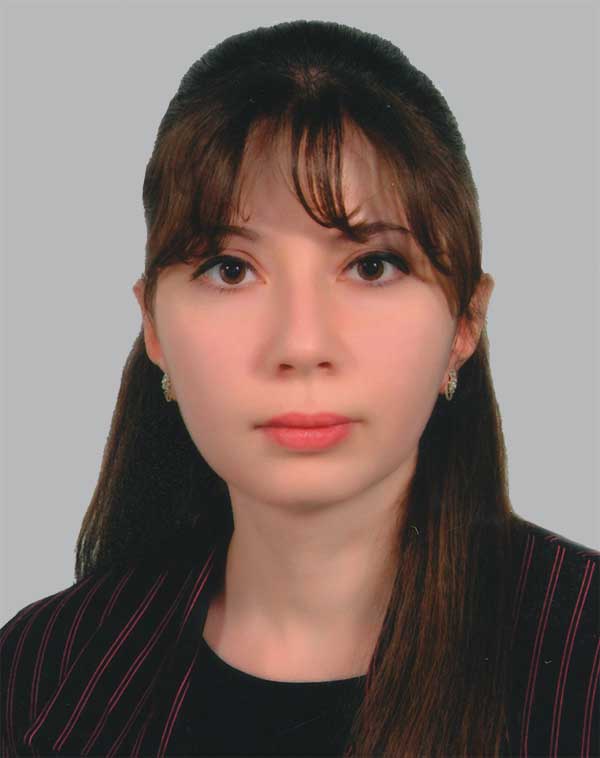
Gargees on Mission to Boost Number of Women in Computer Science
Computer science is rapidly growing as technology becomes more pervasive in our homes and lives. However, the number of women in computer science programs in the U.S. has dropped since 2000. Mizzou Engineering’s Rasha Gargees is on a mission to change that.
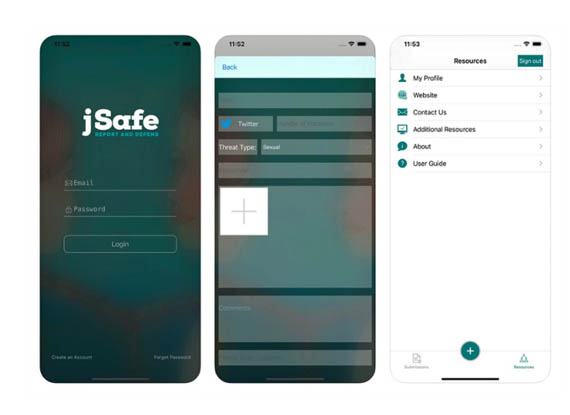
Mizzou Engineers Help RJI Develop JSafe App
Computer Science students have developed an app to help female journalists document harassment. The JSafe app lets reporters store incident reports in a secure, cloud-based system. The app is a partnership between Mizzou Engineering, MU’s Reynolds Journalism Institute and the Coalition for Women in Journalism. The coalition is an international organization that provides support to female reporters.
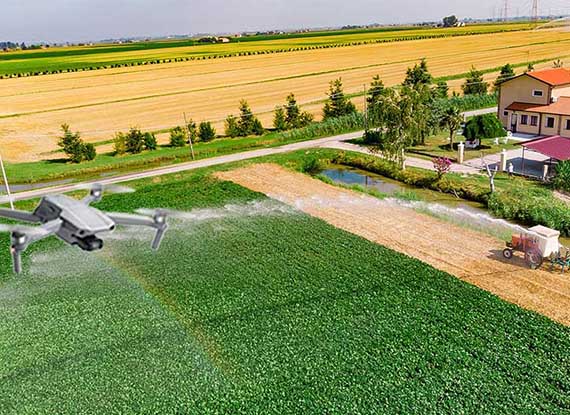
Team Devising Way to Analyze Images from Drone Footage
Imagine being able to assess the health of a single plant in the middle of a field by automatically analyzing a photo of it. The technology exists today by capturing aerial video footage with a drone, but it’s not practical. Now, a Mizzou Engineering team is devising a way to more efficiently create high-resolution panoramic-style images that can be used to make timely decisions on the farm.
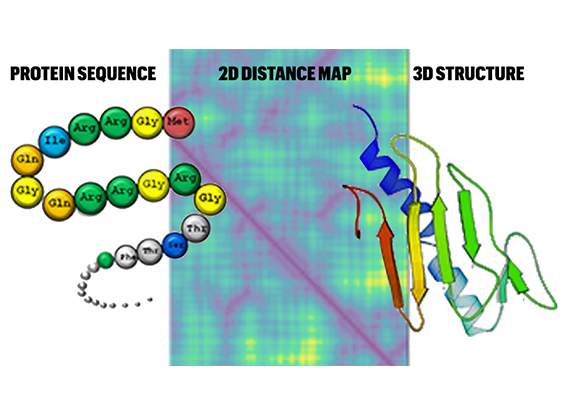
Cheng Receives $1.37M NIH Grant to Predict Protein Structures
Knowing the three-dimensional structure of proteins—such as the shape of the spike-like protein that injects coronavirus into our cells—can help us treat illnesses. That’s one reason why predicting protein structures remains one of the world’s highest health priorities. Mizzou Engineering Jianlin Cheng has been working on protein prediction methods for more than a decade.
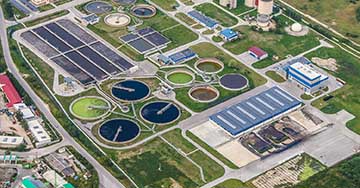
Mizzou Engineering Team Develops New Model to Predict Algae Growth
Two Mizzou Engineering departments have teamed up to develop a new computer model that will predict algae growth. The research has the potential to increase algae production—and that could lead to cleaner water supplies.

Mizzou Cyber Range to Focus on Cyber Pretense Strategies
Hackers are getting smarter about ways to steal sensitive information from the cloud. Now, a new “Mizzou Cyber Range” will train the next generation of cybersecurity professionals to fight back using cyber pretense strategies. Armed with new grant funding from the National Security Agency, Prasad Calyam and his team are building the Mizzou Cyber Range through the MU Center for Cyber Education, Research and Infrastructure.
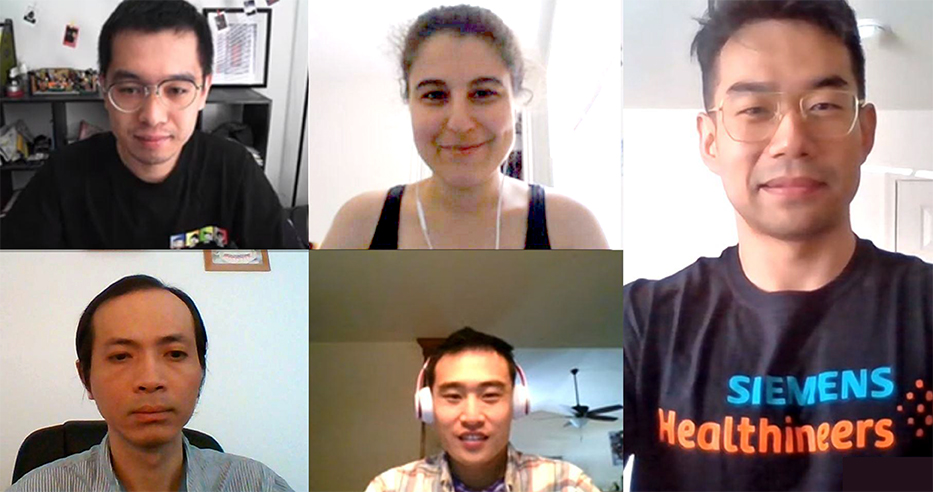
Students Gain Industry Experience During Internships With Siemens Healthineers
Five graduate students from the electrical engineering and computer science department have wrapped up summer internships with Siemens Healthineers, where they’ve applied deep learning methods to research and development in healthcare. As part of the strategic alliance between Mizzou and Siemens Healthineers, these students were selectively chosen to intern with the company.